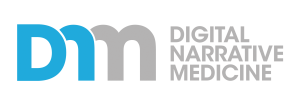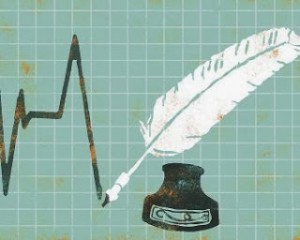The Power of Narrative Medicine
One thing I find myself doing on a daily basis in my job as a paramedic is telling stories. Not only is it a way of relaying information about my patients when transferring care to another health care practitioner, but it is essential in the way I continue to learn
Articolo di Michael Kruse su Huffington Post
How other medics have dealt in similar situations, for example, or the decisions they have made in rare or unique circumstances help me prepare for future challenges. It has struck me recently that even more than these obvious examples, storytelling has a direct impact on not only how we understand disease but the process of healing itself — from the perception and expectations of the patient to the diagnosis and treatment by the physician.
Our brains are wired to tell stories. “A story,” as Life-hack blogger Leo Widrich says in this post about brains and storytelling, “if broken down into the simplest form is a connection of cause and effect.”
We spend most of our day telling stories. We lay out our short-term goals, put events in the context of our own experience of the world, and let the people around us in on those experiences by relaying these stories to them.
This process is not just cultural in nature; it is how our brains are wired. In a 2001 paper by neurologist Jeffery Savor and English Professor Kay Young they make the point that narrative, central to our lived experience, takes place in many parts of the brain, and damage to any part impairs our ability to create our narrative and tell others our story.
What is even more striking is that our brain regularly makes stuff up to fill in the gaps and make sense of the world. The split brain experiments described here by Michael Gazzaniga in his book “Who’s In Charge? Free Will and the Science of the Brain” illustrate this property of the brain to confabulate a story to explain an otherwise inexplicable event. continua a leggere





